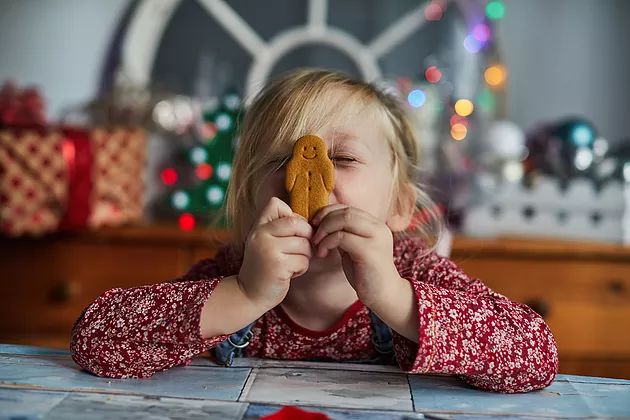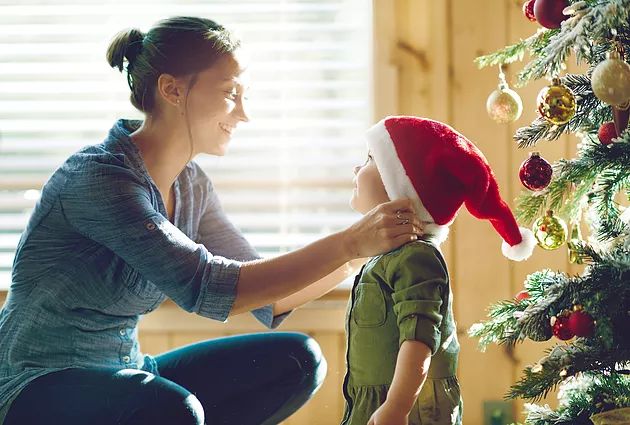We are so lucky to be living in Singapore, as we get to celebrate and know so much about so many different cultures and traditions!
Last month was the Indian celebration of Deepavali. Before that, the Muslim celebration of Hari Raya Haji + Singapore National Day and soon after Christmas, we will celebrating yet again with Chinese New Year.
But what do these traditions mean to our kids and why is it so important pass them on through generations? Conscious Parenting Training ‘s Maguelonne Rousseau explains.

Traditions are part of human culture. Even though some could argue that some animals with higher intellect can pass on certain behaviours from one generation to the next, we are the only animal on the planet with complex traditions that define us as humans, and differentiate us from the other species. Anywhere on the Earth, you find specific traditions that have been passed on from ancestors.
What are traditions?
First of all, let’s try to understand what we mean by the concept of traditions. Traditions can take many forms from one culture to another, from one country to another, from one religion to another and from one family to another.
Traditions are events that people observe and repeat in the same way at the same time of the year / month / week / day – and generally with the same people too. It is something learnt from our ancestors: parents, grand-parents, aunts and uncles, passed down from one generation to the next. Those habits have often been part of our life from as long as we can remember, starting in our early childhood.
Usually traditions englobe things such as rituals, beliefs, customs, stories, songs, food, and people gatherings that we follow and rely upon.

What does it mean to grow up with traditions?
Traditions are an easy and simple way to pass on a social heritage, including culture, values and morals, through generations. It can help young generations to define their moral compass in life, to understand where they come from and who they are. It also helps them embrace their ancestors’ knowledge, wisdom and experiences, in hopes of living a more balanced and meaningful life.
Why are traditions so important for us?
Traditions are indeed very important for children as they will help them better understand their identity. They will give them a sense of belonging, first to their family, then perhaps the village, their country and/or religion. As social species, this is an essential step for a child to feel she/he belongs to a group, by understanding what this group is.
Traditions also give children something to look forward to, season after seasons, with the preparation that it often involves, such as the decorations to make for the house, the songs they’ll sing at home or at school, the food to prepare, the discussions and questions these will raise in the family.
It will also give children a sense of stability as the same traditions are repeated again and again. This is an important part of understanding sequence, as they develop a sense of time passing by and enjoying the different seasons.

But the most important thing that children and adults enjoy from following traditions is the connection and bonding between the people sharing those moments. Putting a lot of efforts decorating your house and preparing special food does not make a lot of sense if it’s not to share with your loved ones, and this is precisely the good feeling of connecting with others that will make you want to perpetuate the tradition time after time. This will also create the happy and lasting memories in our children’s hearts as they grow, and will help them re-create the family traditions with their own kids and remember their childhood in those moments.
But traditions are not always things of the past that cannot be adapted to our new ways of life or beliefs. Families can also mix old traditions with new ones and create specific rituals that will make children feel special. As Ardis Whitman, author and lecturer, wrote: “We must cherish our yesterdays, but never carry them as a burden into the future. Each generation must take nourishment from the other and give knowledge to the one that comes after.”
Merry Christmas!





